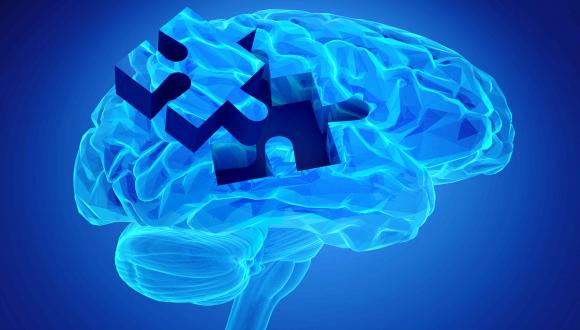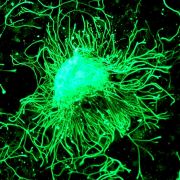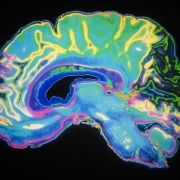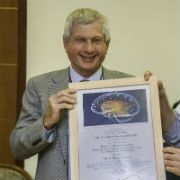TAU Alzheimer’s Research Targets Major Genetic Risk Factor
Ramot, Tel Aviv University’s technology transfer company, signed a sponsored research deal to develop a novel approach to treat Alzheimer’s disease with pharmaceutical company Neurimmune, which specializes in immunotherapies for neurodegenerative diseases.
The treatment involves developing anti-Apolipoprotein E4 (ApoE4) antibodies. ApoE4 is the most prevalent genetic risk factor for Alzheimer's and is also linked to other neurodegenerative diseases. The incidence of ApoE4 in Alzheimer’s is greater than 50%, and it increases the risk of the disease by lowering the age of onset by up to15 years. Anti-ApoE4 antibodies are expected to neutralize the toxicity of ApoE4 or to help remove it entirely.
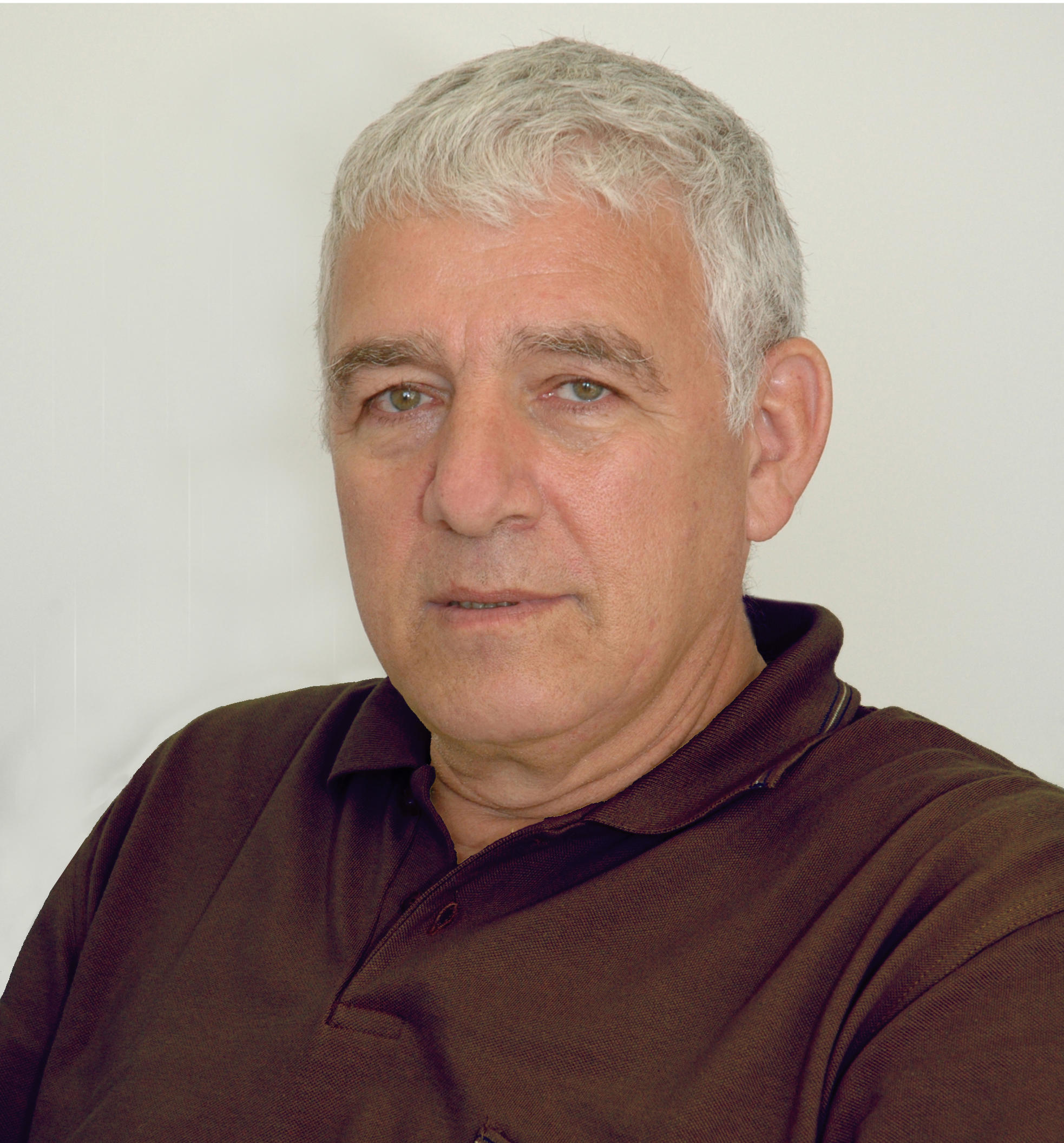 The research for this new treatment approach was developed by Prof. Daniel Michaelson of TAU’s Department of Neurobiology at the George S. Wise Faculty of Life Sciences and the Sagol School of Neuroscience.
The research for this new treatment approach was developed by Prof. Daniel Michaelson of TAU’s Department of Neurobiology at the George S. Wise Faculty of Life Sciences and the Sagol School of Neuroscience.
His work, supported for more than two decades by the Eichenbaum Foundation led by President Joan Eichenbaum Berry, focuses on unraveling the basic cellular and molecular mechanisms underlying neurodegeneration in Alzheimer's disease and developing therapeutic approaches to counteract them. Additional support for the research was recently provided by the Harold and Eleanore Foonberg Doctoral Fellowship in Alzheimer's Disease Research and by the Esterson Trust.
The new agreement with Neurimmune also includes licensing terms for future ApoE4-based products.


